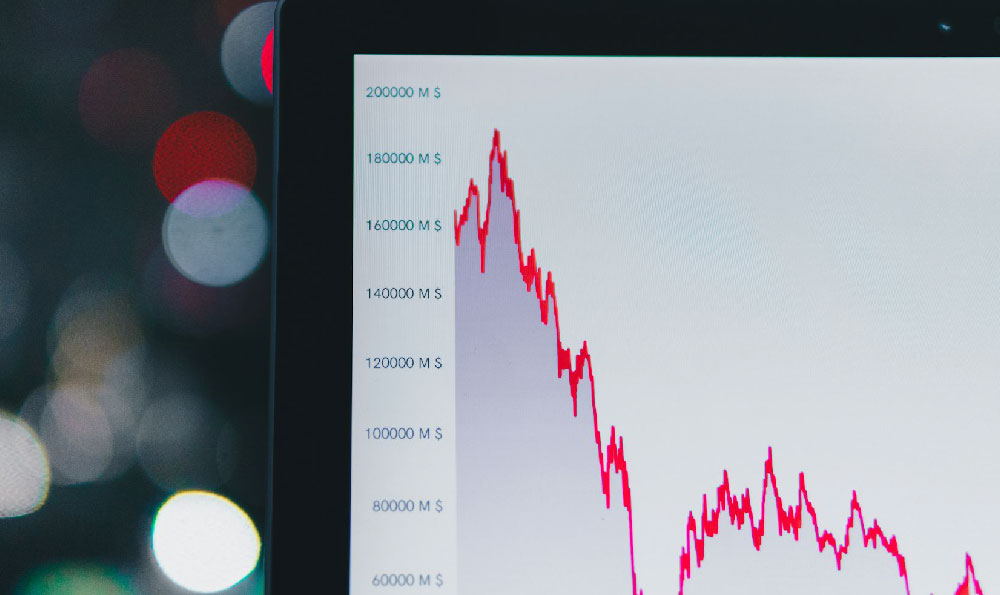How much can you earn on Facebook?
Facebook, with over 3 billion monthly active users, has long been a cornerstone of digital marketing and content monetization. Its platform offers a diverse array of opportunities for individuals and businesses to generate income, though the potential earnings vary widely depending on factors such as audience size, engagement levels, and the selected monetization strategies. Understanding these dynamics is essential for anyone looking to harness Facebook’s vast user base to create sustainable financial returns.
Monetizing Facebook Ads: A Detailed Overview
Advertising remains Facebook’s primary revenue stream, and creators who leverage the platform’s ad tools can capitalize on this system. Businesses, influencers, and content creators often use Facebook Ads to target specific demographics. The average cost-per-thousand impressions (CPM) for Facebook ads typically ranges from $5 to $20, influenced by industry competitiveness, audience targeting, and ad formats. For instance, a fitness brand might generate higher CPMs due to the high value of its target audience, while niche industries could see lower rates but higher conversion potential. Paid promotions, such as Facebook Lead Ads or Boosted Posts, allow businesses to align their budgets with desired outcomes, though success hinges on precise audience segmentation and compelling ad copy. It is crucial to note that ad revenue is not inherently tied to Facebook’s user base but rather to the advertiser’s willingness to pay for visibility.
E-commerce Integration: The Power of Facebook Marketplace and Instagram Shop
For entrepreneurs, Facebook’s ecosystem provides tools to blend commerce with social interaction. The Facebook Marketplace, a peer-to-peer platform, enables users to sell goods and services locally, often with minimal fees. Additionally, Instagram Shop, which integrates with Facebook’s business tools, allows creators to tag products in Stories and posts, driving traffic to their online stores. According to recent reports, small businesses using these features can achieve a 10-20% increase in sales when paired with targeted Facebook ads. However, scalability depends on the ability to build a loyal following and optimize product listings for search visibility. Metrics such as conversion rates, which measure the percentage of clicks turning into purchases, play a key role in determining profitability. For example, a boutique clothing brand with 10,000 followers might earn $500-$1,000 monthly through marketplace sales if their average order value is $20-$40 and they maintain a 4-5% conversion rate.

Content Creation and Monetization: Leveraging Reach and Engagement
Independent creators who produce high-quality content can monetize their following through multiple channels. Facebook Pages, Groups, and even the platform’s native monetization options like the Creator Program (now replaced by Facebook Live Gifts) offer avenues for revenue. Influencers with substantial engagement often partner with brands for sponsored posts, with compensation ranging from $500 to $10,000 per post based on audience demographics and reach. For niche audiences, such as gaming or tech communities, the value of engagement increases—some creators report earning $1,000-$5,000 per month by collaborating with brands in their specialized domains. Yet, the challenge lies in maintaining consistent content quality and building trust with the audience. A 2023 study found that creators who post 3-5 times weekly tend to secure higher partnerships, as frequency correlates with visibility and credibility.
Affiliate Marketing and Third-Party Partnerships
Facebook also serves as a hub for affiliate marketing, where users promote products through unique referral links. This strategy relies heavily on the platform’s algorithm favoring content that drives traffic to external sites. Retailers often provide commissions of 1-10% for successful conversions, with influencers earning significantly more by leveraging high-traffic pages. For example, a beauty YouTuber promoting skincare products on Facebook could earn $500-$2,000 per month if their page garners 5,000-20,000 monthly visits. However, the effectiveness of affiliate marketing is closely tied to the creator’s ability to maintain relevance and authenticity, as fraudulent practices can lead to account suspension.
The Role of Audience Niche and Market Trends
Targeting the right audience is paramount. Industries like finance, real estate, or technology often yield higher earnings due to their perceived value. Conversely, highly competitive niches may require creative content strategies to stand out. Market trends also play a role—during periods of economic uncertainty, users may allocate more budget to services like financial planning or job search tools. Staying attuned to these shifts allows creators to adjust their approaches. For instance, during the pandemic, many turned to Facebook for virtual consultations, opening new revenue streams in mental health and remote work coaching.
Maximizing Earnings Without Overcommitting
Balancing time investment with income potential is a critical consideration. While some users may generate $100-$500 per day through active ad management or high-traffic content, others might see only a few hundred dollars monthly. Factors such as device limitations, account restrictions, and the need for continuous content updates can affect scalability. Tools like Meta Business Suite streamline operations, but they require expertise in analytics and strategy. Beginners often benefit from using Facebook’s built-in monetization tools before exploring more complex methods.
Beware of Hidden Risks and Ethical Considerations
Despite its opportunities, Facebook presents risks. Algorithms favoring organic content can make paid promotion less effective over time, requiring creators to diversify their strategies. Additionally, the platform’s anti-monetization policies may limit certain practices, such as spamming or misleading audiences. Ethical considerations also arise in influencer marketing, where transparency about partnerships is mandatory. Users must prioritize quality over quantity to avoid penalties from Facebook’s oversight team.
In conclusion, Facebook offers a versatile yet nuanced landscape for generating income. Whether through ads, e-commerce, content creation, or affiliate marketing, success depends on strategic planning, audience understanding, and adaptability to platform changes. For those willing to invest time and effort, the rewards can be substantial, but it is vital to approach these opportunities with a long-term perspective and a commitment to ethical practices.















